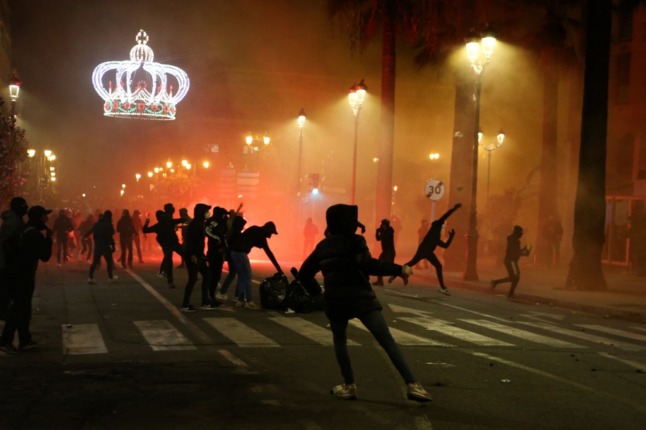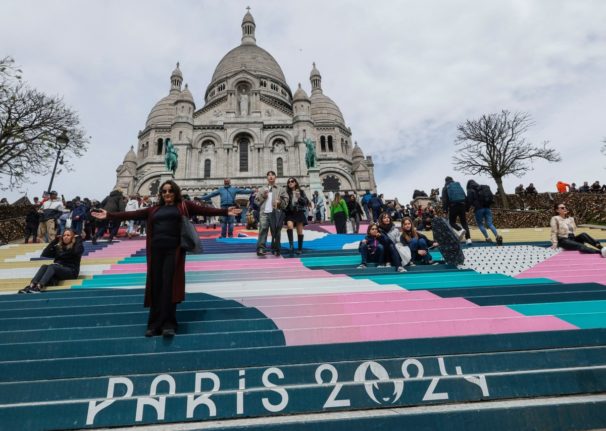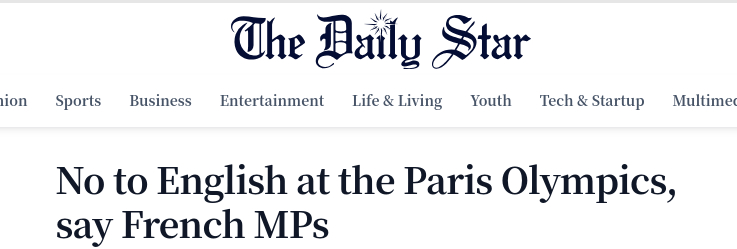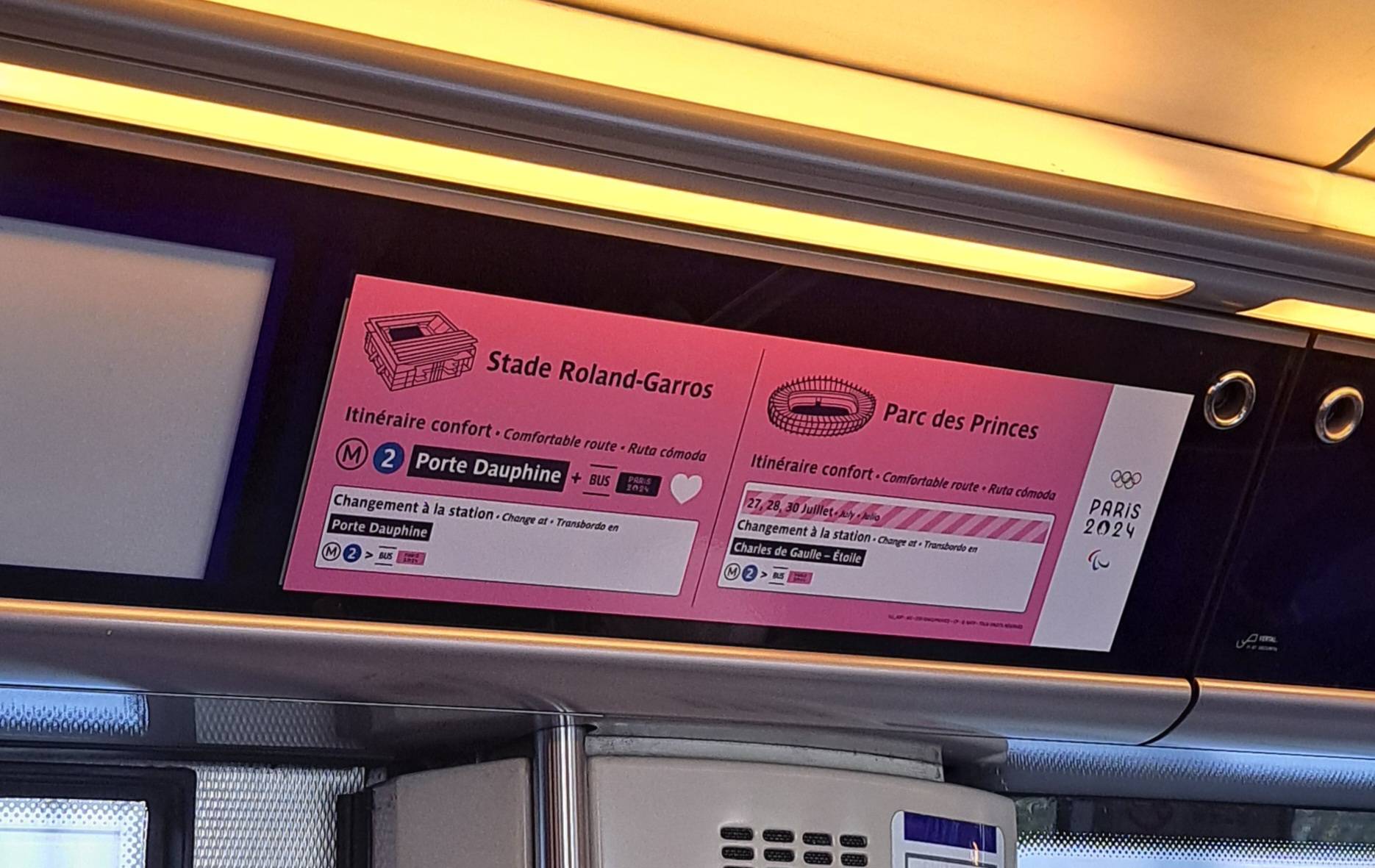Yvan Colonna, who is serving a life sentence for the assassination in 1998 of Corsica’s top regional official, Claude Erignac, is currently in a coma after being beaten on March 2nd by a fellow detainee serving time for terror offences.
The incident has stoked anger on the island where some still see Colonna – who was arrested only in 2003 after a five-year manhunt that eventually found him living as a shepherd in the Corsican mountains – as a hero in a fight for independence.
Hundreds demonstrated in the main Corsican cities of Ajaccio, Calvi and Bastia with the protests rapidly degenerating into clashes with security forces.
In Ajaccio, protesters broke into the main justice building, setting fire to scrap papers. They then went on to ransack a bank.
Local authorities said 14 people were wounded in Ajaccio alone, including a journalist for France’s TF1 TV channel, who was wounded in the leg.
Colonna was jailed in the south of France with authorities long rejecting his demand to be transferred to Corsica, saying his offence made him a special status detainee.
In a bid to ease tensions, Prime Minister Jean Castex on Tuesday removed this status, but the move was seen as too little too late by Colonna’s supporters in Corsica.
French prosecutors have charged Colonna’s alleged jail assailant, Franck Elong Abe, with attempted murder in association with a terror group.
According to France’s top anti-terror prosecutor Jean-Francois Ricard, Franck Elong Abe had confessed to the attack, saying he had been angered by “blasphemous statements” made by Colonna while behind bars.





 Please whitelist us to continue reading.
Please whitelist us to continue reading.
France should show steely determination in arresting all terrorists and rioters, we can’t have these people ruining French society.